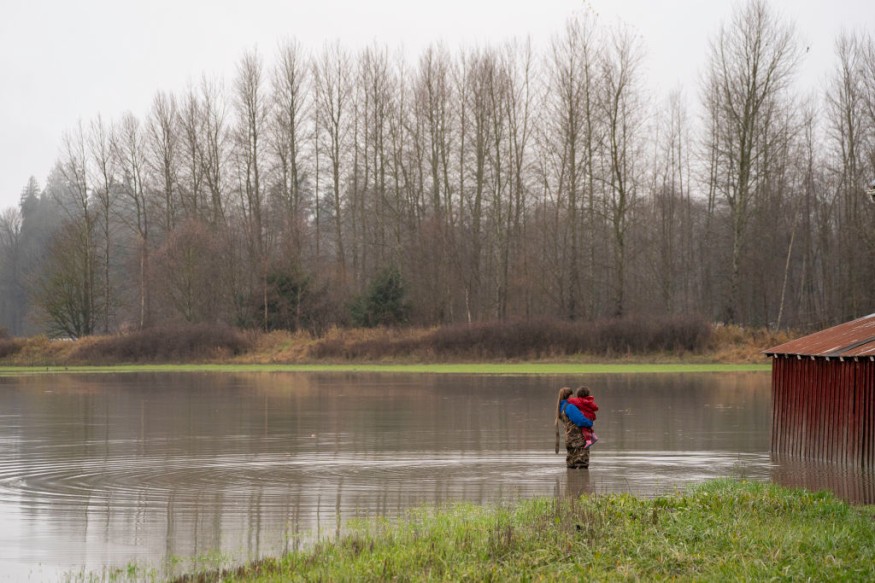
The climate crisis might result in up to 10,000 additional deaths annually in the United Kingdom by 2050 due to intense heat and a variety of tropical diseases.
Public Health
The data is taken from the UKHSA's Health Effects of Climate Change (HECC) report, which looks at how the climate catastrophe is already affecting health outcomes in the country.
It says that with the introduction of species from hotter regions, diseases spread by insects, such as dengue fever or the Zika virus, may also spread rapidly throughout the UK.
The report suggests, for instance, that the Asian tiger mosquito, which can spread the dengue, Zika, and chikungunya viruses, may establish itself throughout most of England by the 2040s and 2050s; later in the century, most of Wales, Northern Ireland, and portions of the Scottish Lowlands may also serve as suitable habitats.
By 2060, dengue transmission might become endemic in London.
It also cautions that a high-emission scenario will put more people in the UK at risk of catastrophic floods, with poor mental health being the main health effect.
Flooding increases a person's risk of developing anxiety, depression, and post-traumatic stress disorder.
Professor Isabel Oliver, the chief scientific officer at UKHSA, stressed that the report shows the impact of climate change on the community if actions are not taken.
"We can expect major impacts on physical and mental health, while our changing climate will also exacerbate existing health inequalities," she added.
Actions Against Climate Crisis
The UKHSA clarifies that many of these projections are based on the worst-case scenario and that many of the negative consequences of climate change on health outcomes may be allayed.
This could be achieved through mitigation and altered behavior.
These initiatives include the deployment of nationwide alert systems for heat and cold as well as upgrades to homes, including the installation of flood defenses and energy-efficient fixtures.
The report also lists the steps that must be taken to lessen the potential harm, such as using solar power, energy-efficient lighting, and low- or passive-carbon heating and cooling.
It is generally agreed upon that the present global warming target of keeping warming to 1.5°C will be surpassed in the next five to ten years, with an average global temperature increase of 2.7°C.
The UKHSA's worst-case high-emissions scenario predicts that an aging and expanding population will temporarily lead to an increase in cold-related mortality.
It will then decline by the middle of the century, the report adds, with deaths from moderate cold peaking concurrently before seeing a decline by the 2070s.
The government spokesperson said that the UK is taking the lead in tackling climate change by cutting emissions faster than any other major economy.
"The programme includes actions to develop climate-resilient health systems, working with the health and social care system to further improve the response to climate change, including extreme weather events," they added.
Related Article : Climate Change Might Increase Conflict Deaths By 8.5% In 2060
© 2025 NatureWorldNews.com All rights reserved. Do not reproduce without permission.




